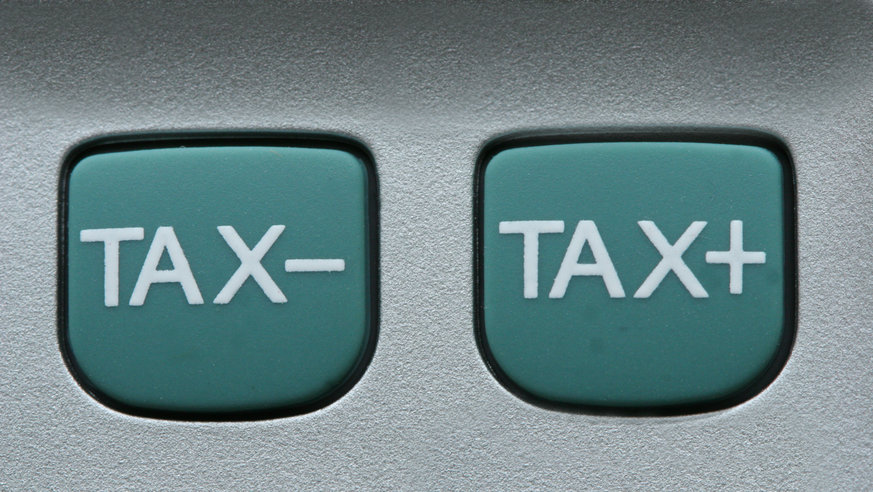Jasmine Birtles
Your money-making expert. Financial journalist, TV and radio personality.


Inheritance trusts are very confusing, with a whole host of tax laws and regulations to accompany them. There are a variety of options on how to manage your estate and care for your loved ones after you’re gone. That means it can be hard to work out the best option for you. A Discretionary Trust is one option.
Discretionary Trusts are one way of helping your loved ones benefit from your estate in a tax-efficient way. Keep reading to find out what they are, advantages and disadvantages of them, and what steps to take to set one up.

A Discretionary Trust is a particular type of trust in which the beneficiaries and their entitlements to the fund are not fixed. The Settlor (individual creating the Trust) needs to appoint at least two Trustees to manage the fund. These Trustees make decisions about the Trust distribution. The Settlor leaves instructions on their wishes – but Trustees don’t have to follow them. Trustees get final say on who gets what from the fund.
You could name beneficiaries but Trustees don’t have to give them a share, nor can beneficiaries demand one. It’s commonly used by grandparents leaving an inheritance to a growing family or future generations. If you want to allocate specific sums or proportions to beneficiaries, a Fixed Trust is a better route.
By opening a Discretionary Trust, as Settlor you give the appointed Trustees the power to manage and make decisions about your estate on your behalf. Anyone can be a Trustees – friends, family, or you can hire a professional to do it. It’s a big job for someone to take on, so discuss it with your intended Trustees first to make sure they are happy to take on the responsibility.
A Discretionary Trust is a suitable way to put money away for future needs without the need to specify amounts or people in your will. For example, you can leave money to provide for grandchildren that haven’t been born yet. Or, if some beneficiaries may need more financial help than others, you can allow for this with a Discretionary Trust. Instead of having to decide an exact amount you want to leave to each beneficiary, it can be left open, allowing for whatever their future needs may be.
Depending on the individual Trust deed, the Trustees can decide:
Trustees also become responsible for any income tax arising from investments held in the Trust.
Discretionary Trusts are complex and there are plenty of advantages and disadvantages to them. Weigh up the options and whether it would suit your circumstances before you set up a Discretionary Trust – and always seek help from a professional advisor.

One of the key advantages to setting up a Discretionary Trust is that it can limit taxation on inheritance. In some cases, beneficiaries will not have to pay tax at all.
Inheritance Tax is a one-off tax paid on the value of the deceased’s estate given annual threshold. In the year 2020/21 that threshold is £325,000 per person. This means that you get £325,000 tax-free, but anything above that will be taxed at 40%. The only exception is when 10% of the inheritance is given to charity, then tax is reduced to 36%.
Spouses don’t pay IHT on their partner’s estate; they accumulate the £325,000 limit. So, married couples get a total of £650,000 in their estate before IHT kicks in.
As well as this, there is the residence nil rate band (RNRB) which adds an extra £175,000 IHT-free on the primary residence of the deceased. The RNRB can only be offset against a qualifying residential home that’s passed on to direct descendants.
Money deposited into a Discretionary Trust is technically a gift. (You can gift up to £325,000 into the Trust before having to pay Inheritance Tax on it, without this affecting your nil rate band). The 7-year window starts as soon as the Trust is set up. If the Settlor survives that period then the value of their original gift into the Trust drops out of their estate in regards to Inheritance Tax. Subsequently, any assets put into a Discretionary Trust that then exceed the Inheritance Tax threshold will be taxed at various points:
Mr. X has an estate worth £900,000 and he decides to gift £325,000 into a Discretionary Trust. He outlives the 7-year the window and the £325,000 in the Discretionary Trust drops out of his estate for tax purposes. His estate is now worth £575,000 – he takes into account his NRB (£325,000) and RNRB (£175,000) which add up to a total of £500,000. This leaves a bill of £30,000 IHT on the remaining £75,000.
Without the Discretionary Trust, the IHT bill is £160,000.
A Discretionary Trust treated like a gift is the same concept as giving money. You can give your family as large a sum of money (or property) as you like while you’re alive. If you survive 7 years, it’s no longer a gift and they won’t have to pay IHT on it. If you die within 7 years, there’s a tapered IHT tax rate to pay (which decreases the closer to 7 years you die).
So, having money in a Discretionary Trust you survive by 7 years means your beneficiaries pay 20% tax on the assets. They wouldn’t have this charge if you’d gifted them while you were alive and survived those 7 years.
However: gifting property comes with a range of problems. Putting assets into a Discretionary Trust means nobody can force you out of the property, sell it without your permission, or secure debts on it. This is where Discretionary Trusts outweigh outright financial or asset gifts.
If you are considering setting up a Discretionary Trust, you should definitely seek professional help from both a financial adviser and solicitor! A trust is legally binding. Errors now negatively impact beneficiaries later. You don’t want any costly mistakes down the line.
You also want to carefully choose your Trustees. These are people who will help manage your estate and make decisions on your behalf once you have died. Friends and family you can trust and who don’t mind taking on the responsibility are good choices. However, you can also hire someone to do it for you but obviously this will be charged.
You need to think about how you want to set up as a potential beneficiaries, although you don’t have to tell them you’ve done so. As this is a Discretionary Trust they may never see the benefits of it.
Bear in mind though that this is not a cheap process. In fact, it’s very costly and you should prepare to spend a couple of thousand pounds in order to make sure it’s set up correctly.
Read more about protecting your assets and providing for your family in your will with these articles:
*This is not financial or investment advice. Remember to do your own research and speak to a professional advisor before parting with any money.
Direct to your inbox every week
New data capture form 2023

A very informative article. Thanks.